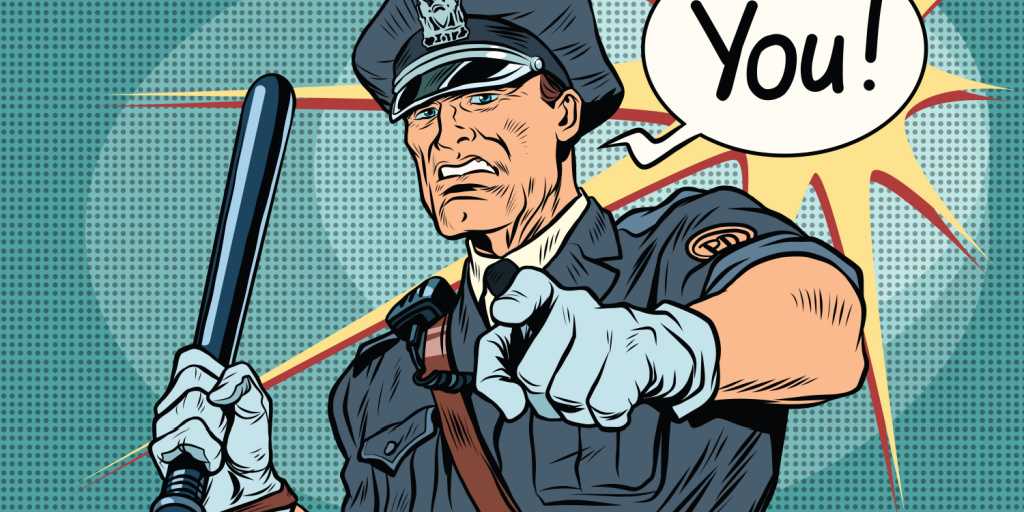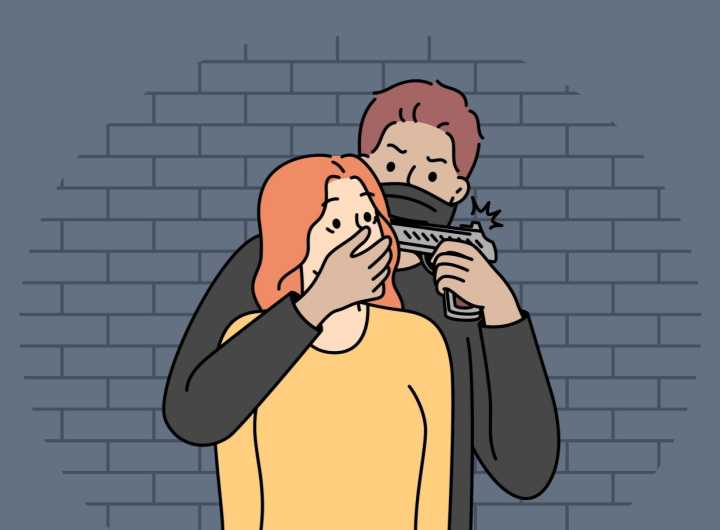How to Clear an Arrest Record in Arizona
But today we’re going to talk about something else: What about those cases where you are arrested or charged but not convicted? Like, what if you actually win your case, but your arrest record keeps popping up? Years later. Employers, landlords, occupational licensing agencies , the Government? They see that arrest record and do not like it.
Today I want to show you how, or at least suggest to you, one way in Arizona you can, under the right circumstances, go after a state or local criminal record of arrest when there is a dismissal.
First a little law.
A.R.S. § 13-4051 (Entry on records) provides
(A) Any person who is wrongfully arrested, indicted or otherwise charged for any crime may petition the superior court for entry upon all court records, police records and any other records of any other agency relating to such arrest or indictment a notation that the person has been cleared.
(B) After a hearing on the petition, if the judge believes that justice will be served by such entry, the judge shall issue the order requiring the entry that the person has been cleared on such records, with accompanying justification therefor, and shall cause a copy of such order to be delivered to all law enforcement agencies and courts. The order shall further require that all law enforcement agencies and courts shall not release copies of such records to any person except upon order of the court.
In State v. Mohajerin the Arizona Court of Appeals (Eckerstrom, J.) interpreted ARS § 13-4051 in an important way. In the past other courts had read § 4051 to mean that you could get a “cleared” declaration only if the arrest itself was not based on “probable” cause. But the Court in Mohajerin held that that was far too restrictive. The correct inquiry, rather, is whether the person is actually innocent, even if the arrest was technically legal, based charitably on what the officers claim they knew or reasonably believed was “probable cause” at the moment of arrest.
As such, the court in Mohajerin employed a kind of “original intent” analysis, and held, first, that in crafting § 4051, the Arizona “legislature did not intend to restrict the word ‘wrongfully’ to its narrower meaning,” but rather “the legislature intended to use the term ‘wrongfully ‘ in its broader sense … to carry its broader meaning.” 226 Ariz. 103, 111( App. 2010)(holding that trial court incorrectly believed inquiry was limited to an assessment of probable cause at the time the arrest was made and the charges issued).
Not surprisingly, then, court in Mohajerin held, second, that the statute does not therefore “preclude petitioners from seeking relief for wrongful arrests or charges that were lawful when they occurred. “Id. While “an unlawful or illegal arrest or charge is a potential ground for relief under § 13-4051, it is not a necessary one.” Id at 104. In the end, § 13-4051 “is not focused exclusively on the time of arrest or charge.” Id.
Third, the Court in Mohajerin told all the trial courts in the State that consider original petitions under §13-4051, and all putative petitioners who might file them, that henceforth it must only be established that the arrest or charge was “wrongful” in some way.” Id. “One of the ways he may do so is by showing the allegations are false.” Id.
Fourth, the Court in Mohajerin explained to courts and prosecutors and defense attorneys that a Petition § 13-4051 is a hybrid kind of squirrely court action—part criminal part civil—a legal Karma so to speak (a mythical creature with head of a (wo)man but the body of a tortoise) : “Although § 13-4051 is part of Arizona’s criminal code, a petition filed pursuant to this statute initiates a special proceeding that is in the nature of a civil action.” Id. at 106. The statute “does not require a formal criminal proceedings before a person may seek relief under it’s terms; based on the plain language of the statute, a person may do so he or she has been merely arrested.” Id.
So there you have it. In a nutshell, for the price of the filing fee, a little elbow grease and eye strain, and a tiny release of greenhouse gasses, anyone who thinks they’ve been falsely charged or arrested or otherwise maligned can go straight to the Arizona Superior Court with a petition in hand. And they can demand—the bestowal of court’s official order that the police “notate” any records of your arrest or charges that you have been “cleared” of all such charges.
And while this relief may not be the same as absolutely “expunging” (destroying) the records of your arrest themselves, it is at least an official judicial notation that assures those looking at the record of non-charged or dismissed that not only were the charges dropped or never pursued, but that a Court has duly considered the underlying facts and declared you officially cleared of all wrongdoing.
Recommended Articles

Arizona’s new sealing statute is a powerful way for people who have been charged or convicted of many common offenses, to be able to say “no” in many instances.

In Arizona, “Aggravated Assault” charged under ARS § 13-1204 is a Class Four Felony, and in some cases with mandatory prison.

DUI or domestic violence police misconduct even if not resulting in grievous misfortune can sometimes provide a helpful remedy for the criminally accused.

people are surprised by how outsized the consequences some misdemeanor convictions can be. collateral consequences—meaning all those hidden consequences.

For thirty years two federal laws prohibited all those convicted of misdemeanor domestic violence offenses from ever possessing firearms.

About Michael Harwin
Michael’s skill and experience have been recognized repeatedly. He holds an A-V 5/5 preeminent rating by Martindale Hubbell. He has been named one of the top lawyers in Arizona by Southwest Superlawyers, and one of the best lawyers in Tucson by Tucson Lifestyle Magazine. He also has been named one of the best lawyers in the United States by BestofUS.com , and given the highest rating possible by AVVO, 10/10 Superb. Amazon Books


